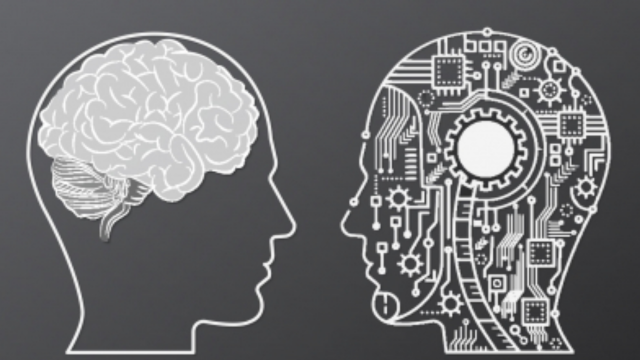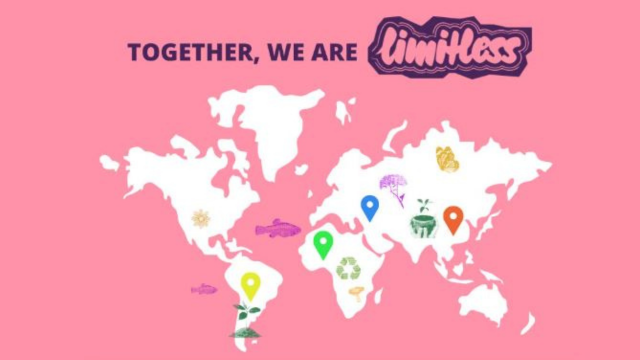-
QUALIFICATIONS
- For Linguists Worldwide
- For UK Public Services
- Preparation
- Policies & Regulation
-
MEMBERSHIP
- Join CIOL
- Professional Membership
- Affiliate Membership
- Chartered Linguist
- Already a member?
- Professional conduct
- Business & Corporate Partners
-
LANGUAGE ASSESSMENTS
- English
- All Other Languages
-
CPD & EVENTS
- Webinars & Events
- CIOL Conferences
- Networks
- CIOL Mentoring
-
NEWS & VOICES
- News & Voices
- CIOL eNews
- CIOL Awards
- The Linguist Magazine
- Jobs & Ads
-
RESOURCES
- For Translators & Interpreters
- For Universities & Students
- Standards & Norms
- CIOL & AI
- All Party Parliamentary Group
- In the UK
- UK Public Services
- Find-a-Linguist
Can freelance translators still thrive in the AI era?

By Pham Hoa Hiep
The full version of this article was published in MultiLingual magazine's September 2025 issue.
Recently, my sister called from Australia, worried about my job as a freelance translator now that AI is everywhere. “If work has become scarce, maybe it’s time to go back to teaching,” she suggested.
She’s not alone in her concern. A survey by the Society of Authors showed over a third of translators have already lost jobs to AI. Many report lower incomes, and most are worried about the future.
My experience
But my experience has been a bit different. My income has stayed steady, even grown slightly, though the work itself has changed. Ten years ago, I mainly did full human translations of things like manuals and medical forms. Now, a lot of what I do is edit translations produced by AI.
Take one recent job: I spent a full week editing a medical device translation that had been done by AI. It took all my experience and research skills to make it accurate and natural. The pay? About the cost of a week’s groceries.
And that’s the problem. The better I edit, the more I train the AI that might one day replace me. Every edit becomes part of a dataset the machines can learn from.
AI - a helpful tool or threat?
Still, I’ve come to see AI as a helpful tool rather than a threat. It allows me to work faster and more efficiently by offering suggestions and handling routine tasks. For example, I used to spend a lot of time typing and fixing spelling mistakes, which has always been a weakness of mine. Now, thanks to AI, I no longer have to worry about that and can focus more on the quality and meaning of my work
Specialisation is more important than ever. Projects such as post-editing, medical translation, or cognitive debriefing still need human judgment. I recently worked on a debriefing project where I interviewed patients to make sure they understood a medical questionnaire. That kind of work which needs empathy, clarity, and cultural understanding is far beyond what AI can do.
AI can mimic style and generate fluent sentences, but it doesn’t truly understand language. It doesn’t grasp context, emotion, or how culture shapes meaning. Moreover, language evolves every day, and only humans can fully keep up with that change.
In conclusion
Instead of fighting AI, I’ve chosen to work with it. I let it handle speed and volume. I bring the human touch, voice, nuance, creativity and trust.
In this new era, successful translators won’t be the ones trying to outpace AI, but the ones who add value to it. The future belongs to translators who understand both language and technology and who are ready to shape what comes next.

Pham Hoa Hiep is a seasoned language professional with over 15 years of experience. His expertise encompasses translation, editing (from English to Vietnamese), language consulting, and translator training across diverse settings in New Zealand, the United States, Australia, and Vietnam.
Views expressed on CIOL Voices are those of the writer and may not represent those of the wider membership or CIOL.
Filter by category
More
The Chartered Institute of Linguists (CIOL), Incorporated by Royal Charter, Registered in England and Wales Number RC 000808 and the IoL Educational Trust (IoLET), trading as CIOL Qualifications, Company limited by Guarantee, Registered in England and Wales Number 04297497 and Registered Charity Number 1090263. CIOL is a not-for-profit organisation.








